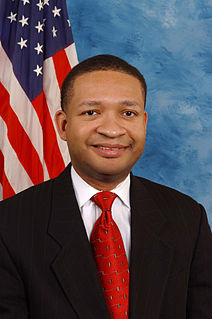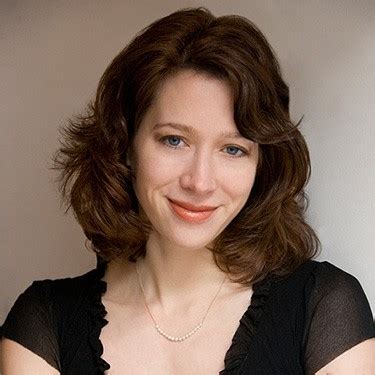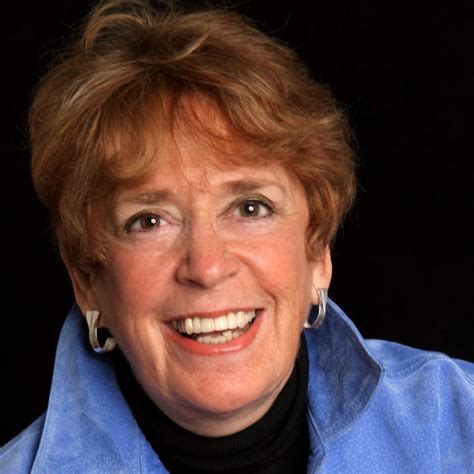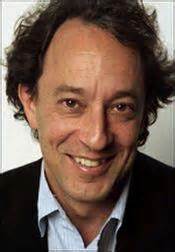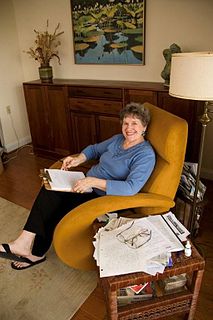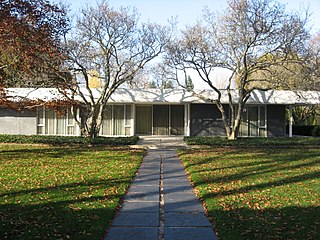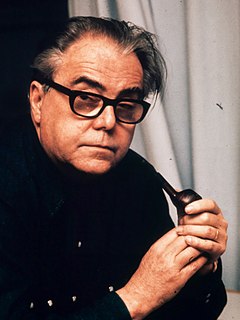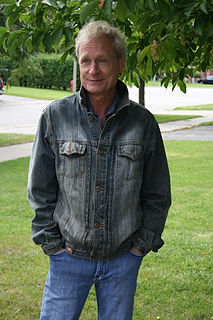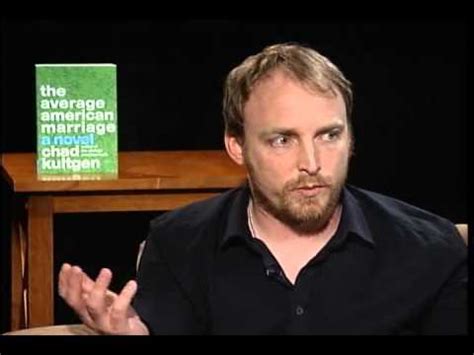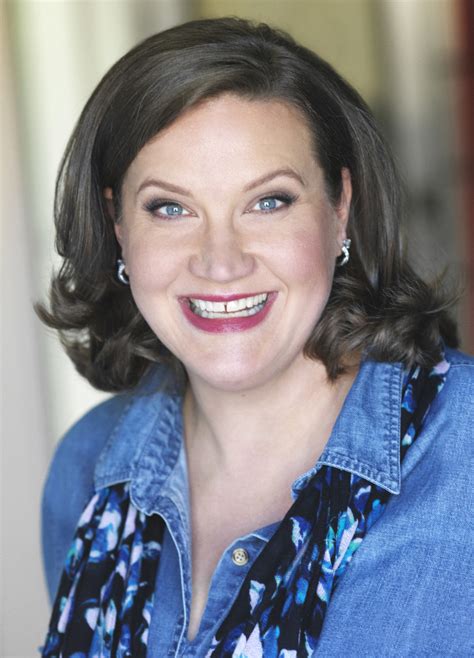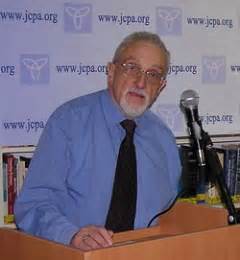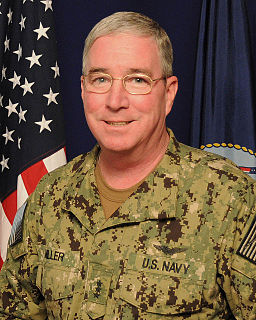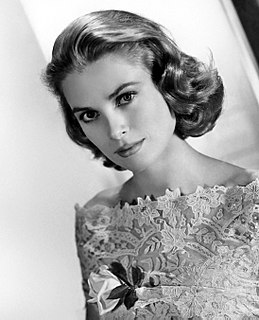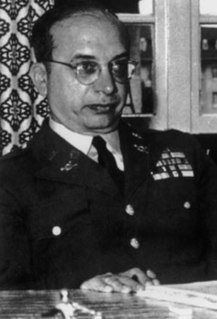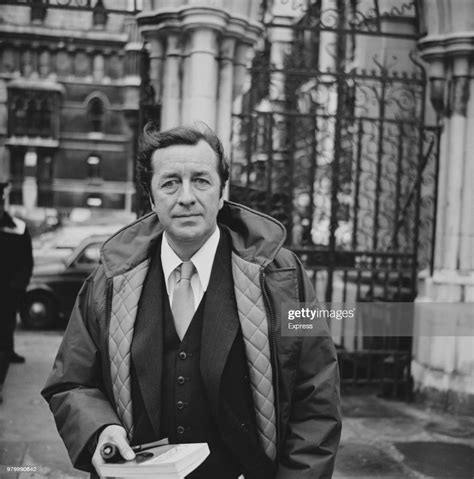Top 1200 Lies We Tell Ourselves Quotes & Sayings - Page 14
Explore popular Lies We Tell Ourselves quotes.
Last updated on October 31, 2024.
Tis in ourselves that we are thus or thus. Our bodies are our gardens, to the which our wills are gardeners: so that if we will plant nettles, or sow lettuce, set hyssop and weed up tine, supply it with one gender of herbs, or distract it with many, either to have it sterile with idleness, or manured with industry, why, the power and corrigible authority of this lies in our wills.
Each of us is comprised of stories, stories not only about ourselves but stories about ancestors we never knew and people we've never met. We have stories we love to tell and stories we have never told anyone. The extent to which others know us is determined by the stories we choose to share. We extend a deep trust to someone when we say, "I'm going to tell you something I've never told anyone." Sharing stories creates trust because through stories we come to a recognition of how much we have in common.
When we find ourselves devoid of passion and purpose, the first thing we need to do is stop. But that's not easy. The rest of the world is zooming by at full speed. Left alone with ourselves, without a project to occupy us, we can become nervous and self-critical about what we should be doing and feeling. This can be so uncomfortable that we look for any distraction rather than allowing ourselves the space to be as we are.
I always refused to give in if there was some argument with my father. Whether it was true or not, I refused to admit it and so often I would - well, tell lies, perhaps. I would either do that or change the story. Particularly if I felt that my father was being unjust, then I was very strongly motivated to not accept his ruling.
Here in the United States, we speak with reverence of authentic experience. We write poems about our daddies taking us fishing and breaking our hearts by making us throw the little fish back into the river. We even tell the reader the kind of car we were driving, the year and the model, to give the impression that it’s all true. It’s because we think of ourselves as journalists of a kind. Like them, we’ll go anywhere for a story. Don’t believe a word of it. As any poet can tell you, one often sees better with eyes closed than with eyes wide open.
We all have found ourselves in awkward, embarrassing situations, often brought on by ourselves - thinking we are saying something clever, for example, when it turns out to sound really mean or stupid. Those are the kind of embarrassing situations that we could have avoided. "Welcome to the human race," is about the only comfort we can give ourselves.
In the search for character and commitment, we must rid ourselves of our inherited, even cherished biases and prejudices. Character, ability and intelligence are not concentrated in one sex over the other, nor in persons with certain accents or in certain races or in persons holding degrees from some universities over others. When we indulge ourselves in such irrational prejudices, we damage ourselves most of all and ultimately assure ourselves of failure in competition with those more open and less biased.
Realize that illness and other temporal setbacks often come to us from the hand of God our Lord, and are sent to help us know ourselves better, to free ourselves of the love of created things, and to reflect on the brevity of this life and, thus, to prepare ourselves for the life which is without end.
He who permits himself to tell a lie once, finds it much easier to do it a second and third time, till at length it becomes habitual; he tells lies without attending to it, and truths without the world's believing him. This falsehood of the tongue leads to that of the heart, and in time depraves all its good dispositions.
What I don’t like are arrogant people. We’re all equal. I don’t like it when a person assumes to be better. It angers me a little. There are a lot of people like that, but the world keeps turning. I also don’t like lies. I’m very honest. I’m always going to tell the truth. I don’t lie. I treat my friends the way I want to be treated.
Our scientific power has outrun our spiritual power. We have guided missiles and misguided men. Our hope for creative living lies in our ability to reestablish the spiritual needs of our lives in personal character and social justice. Without this spiritual and moral reawakening we shall destroy ourselves in the misuse of our own instruments.
Learning how to be kind to ourselves, learning how to respect ourselves, is important. The reason it's important is that, fundamentally, when we look into our own hearts and begin to discover what is confused and what is brilliant, what is bitter and what is sweet, it isn't just ourselves that we're discovering. We're discovering the universe.
The power of equations lies in the philosophically difficult correspondence between mathematics, a collective creation of human minds, and an external physical reality. Equations model deep patterns in the outside world. By learning to value equations, and to read the stories they tell, we can uncover vital features of the world around us.
We compromise ourselves the day we are born. If we are looking for the original sin, there it is- our incapacity to live honestly with ourselves because we are human, because we are shackled by custom, by obligations and we accept compromise only in the light of our conscience, answerable as we are only to ourselves.
In our concern for others, we worry less about ourselves. When we worry less about ourselves an experience of our own suffering is less intense. What does this tell us? Firstly, because our every action has a universal dimension, a potential impact on others' happiness, ethics are necessary as a means to ensure that we do not harm others. Secondly, it tells us that genuine happiness consists in those spiritual qualities of love, compassion, patience, tolerance and forgiveness and so on. For it is these which provide both for our happiness and others' happiness.
We ask ourselves all kinds of questions, such as why does a peacock have such beautiful feathers, and we may answer that he needs the feathers to impress a female peacock, but then we ask ourselves, and why is there a peacock? And then we ask, why is there anything living? And then we ask, why is there anything at all? And if you tell some advocate of scientism that the answer is a secret, he will go white hot and write a book. But it is a secret. And the experience of living with the secret and thinking about it is in itself a kind of faith.
Can we actually suppose that we are wasting, polluting, and making ugly this beautiful land for the sake of patriotism and the love of God? Perhaps some of us would like to think so, but in fact this destruction is taking place because we have allowed ourselves to believe, and to live, a mated pair of economic lies: that nothing has a value that is not assigned to it by the market; and that the economic life of our communities can safely be handed over to the great corporations.
It is a great honor for me to be compared to Henri Cartier-BressonBut I believe there is a very big difference in the way we put ourselves inside the stories we photograph. He always strove for the decisive moment as being the most important. I always work for a group of pictures, to tell a story. If you ask which picture in a story I like most, it is impossible for me to tell you this. I don't work for an individual picture. If I must select one individual picture for a client, it is very difficult for me.
I had the evidence that a crash did happen here....Give this information to the young people of the world and this country....They want it. Give it to them. Don't hide it and tell lies and make stories. They're not stupid....It's their information. It doesn't belong to the Army or the Department of Defence. If it's classified, take the classification off and give it to them!
From the beginning, I've stressed that home is something internal, invisible, portable, especially for those of us with roots in many physical places; we have to root ourselves in our passions, our values and our deepest friends. My home, I've always felt, lies in the songs and novels that I love, in the wife and mother that I'm never far away from, in the monastery to which I've been returning for 25 years.
Friendship Never explain -- your friends do not need it, and your enemies will not believe it anyway. A real friend never gets in your way, unless you happen to be on the way down. A friend is someone you can do nothing with and enjoy it. However much we guard ourselves against it, we tend to shape ourselves in the image others have of us. It is not so much the example of others we imitate, as the reflection of ourselves in their eyes and the echo of ourselves in their words.







